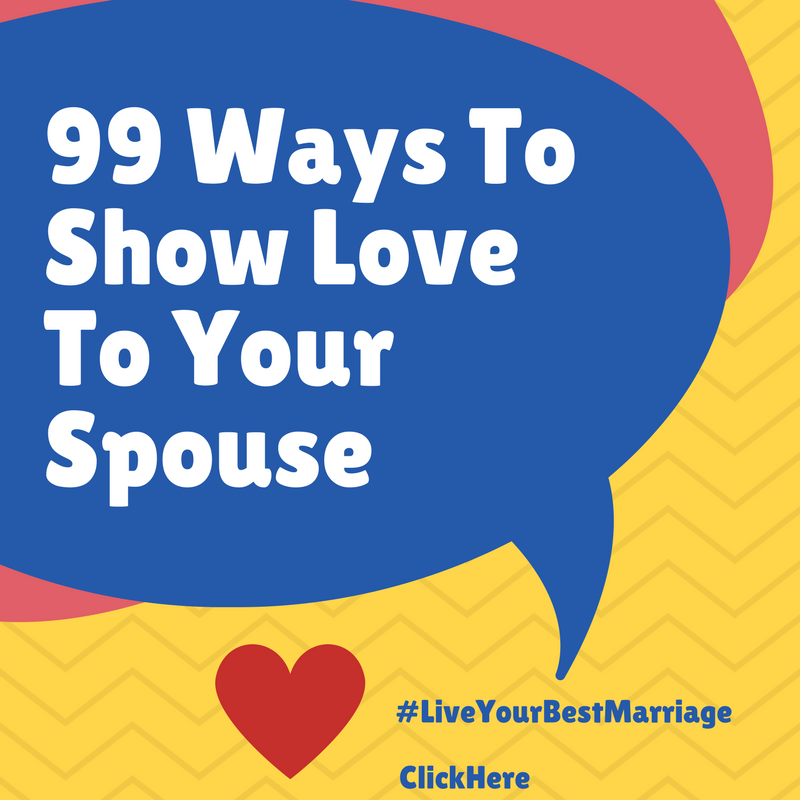Why Your Spouse’s Anger Isn’t Always About You

When the Blame Lands on You
 It starts with a tone. A glare. A sharp word that cuts deeper than expected. Suddenly, you’re left wondering, What did I do wrong?
It starts with a tone. A glare. A sharp word that cuts deeper than expected. Suddenly, you’re left wondering, What did I do wrong?
If you live with a partner who gets easily angry or frequently lashes out, you may have found yourself trying to analyze every word you say, every move you make—just to avoid the next eruption. It’s emotionally exhausting. And it leads to a painful question: Is this my fault?
The answer may surprise you.
More often than not, your spouse’s anger isn’t about you. Their outbursts, while directed at you, may stem from deep-rooted issues, internal pain, and unresolved emotions that have nothing to do with your actions.
This doesn’t mean you never make mistakes or that your marriage doesn’t need work. But understanding what’s beneath the surface can help you move from confusion to clarity—and from hurt to healing.
Understanding That Anger Has a Backstory
 Anger doesn’t emerge in a vacuum. It’s often a secondary emotion—a mask that hides more vulnerable feelings like fear, shame, rejection, insecurity, or sadness.
Anger doesn’t emerge in a vacuum. It’s often a secondary emotion—a mask that hides more vulnerable feelings like fear, shame, rejection, insecurity, or sadness.
Many people, especially those who weren’t taught how to process emotions in healthy ways, default to anger as a coping mechanism. It gives them a sense of control, even when the real issue lies beneath the surface.
What Might Be Hiding Behind Their Anger:
- Fear of failure
- Unhealed childhood trauma
- Low self-esteem
- Work stress or financial anxiety
- Depression or emotional burnout
Understanding that your spouse’s anger might be misplaced or misdirected can help you stop internalizing their frustration as your fault.
It’s Not Your Job to Fix Their Emotions
 One of the most damaging beliefs you can carry in marriage is: If I could just do things better, they wouldn’t be so angry.
One of the most damaging beliefs you can carry in marriage is: If I could just do things better, they wouldn’t be so angry.
That thinking leads to:
- People-pleasing behavior
- Constant anxiety around triggering your spouse
- Silencing your own needs
- Walking on emotional eggshells
But here’s the truth: you didn’t cause your spouse’s emotional wounds, and you can’t heal them alone. Their healing is their responsibility. Your role is to create space for healthy connection—not to manage their emotions.
Compassion Without Compromise
 Knowing your spouse’s anger isn’t always about you can help you develop compassion—but compassion doesn’t mean tolerating mistreatment. You can empathize with someone’s pain while also setting limits on how they treat you.
Knowing your spouse’s anger isn’t always about you can help you develop compassion—but compassion doesn’t mean tolerating mistreatment. You can empathize with someone’s pain while also setting limits on how they treat you.
How to Practice Compassionate Boundaries:
- “I understand you’re upset, but I won’t allow you to speak to me that way.”
- “I’m here to talk when you’re ready to have a calm conversation.”
- “I love you, but I’m stepping away for now so we don’t escalate.”
Boundaries are not walls—they are bridges to mutual respect. They teach others how to engage with us in ways that preserve connection, not destroy it.
You Are Not Their Emotional Punching Bag
 It’s important to name what’s happening in your marriage. If your spouse continually lashes out, blames you for their stress, or demeans you in anger, you’re not in a “normal rough patch.” You may be experiencing emotional abuse.
It’s important to name what’s happening in your marriage. If your spouse continually lashes out, blames you for their stress, or demeans you in anger, you’re not in a “normal rough patch.” You may be experiencing emotional abuse.
Signs include:
- Frequent yelling, name-calling, or sarcasm
- Blaming you for everything
- Gaslighting (making you question your reality)
- Threatening withdrawal of love or affection
In these situations, it’s vital to seek help. Emotional abuse is not something to endure silently. A counselor, mentor, or spiritual advisor can help you assess the situation safely.
Reframing the Conflict: What’s The Real Trigger?
 When you can step back from personalizing every outburst, you can begin to ask better questions:
When you can step back from personalizing every outburst, you can begin to ask better questions:
- What’s actually triggering my spouse?
- Is there a repeated time, situation, or subject that seems to activate their anger?
- Is there a deeper issue they may be avoiding?
This shift can move you from reactivity to reflection. You begin to realize: This storm isn’t always mine to calm.
Strengthening Yourself Spiritually
 You may not be able to change your spouse’s reactions, but you can strengthen your spirit in the process.
You may not be able to change your spouse’s reactions, but you can strengthen your spirit in the process.
Grounding Practices for Emotional Clarity:
- Scripture Reading
Read and reflect on verses that remind you of God’s peace and protection.
- Psalm 46:1 – “God is our refuge and strength, an ever-present help in trouble.”
- Proverbs 15:1 – “A gentle answer turns away wrath.”
- Matthew 11:28 – “Come to me, all who are weary and burdened, and I will give you rest.”
- Daily Prayer for Wisdom and Patience
Invite God to give you the strength not to react in kind, but to respond with grace and discernment. - Journaling
Process what happened and what you’re learning. Keep a record of what is yours to carry—and what isn’t.
Speaking the Truth in Love At some point, honesty is necessary. If your spouse’s anger is harming the relationship, it’s time to speak the truth—but do it in love.
At some point, honesty is necessary. If your spouse’s anger is harming the relationship, it’s time to speak the truth—but do it in love.
Such as:
- “I care about us, which is why I need to talk about how your anger is affecting me.”
- “I want to feel safe in this marriage. Right now, I don’t.”
- “Let’s find help so we can both heal and grow.”
Honesty may be uncomfortable—but silence can slowly erode the connection beyond repair. Speaking up is a step toward restoration.
You Can Be Healthy Even if They’re Not
 This may be the most powerful truth you need to hear:
This may be the most powerful truth you need to hear:
Your spouse doesn’t have to be emotionally healthy for you to be.
You can build a life of strength, peace, and integrity—even in a relationship filled with conflict.
It starts with:
- Releasing false responsibility
- Learning to self-regulate instead of react
- Trusting God with what’s outside your control
You don’t have to wait for someone else to change in order to start healing.
Choosing Peace Over Chaos
You’re not weak for craving peace. You’re not dramatic for needing kindness. And you’re not selfish for setting emotional boundaries.
God designed marriage for mutual love and growth—not for enduring unchecked emotional harm. Your peace matters. Your voice matters. And your healing matters.
Even if your spouse’s anger isn’t about you, you have a choice. You can live from a place of God-centered truth instead of fear-based reaction.
You are not helpless. You are not hopeless. And you are definitely not alone.

